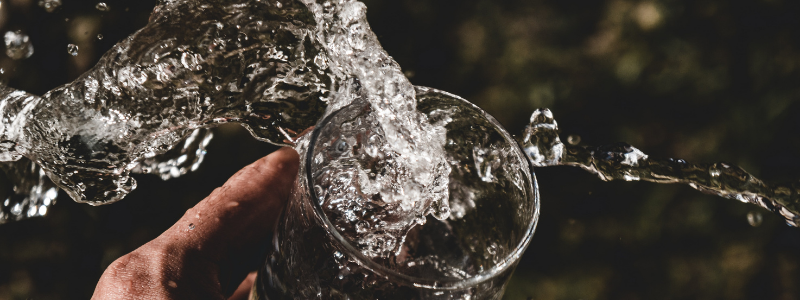Hydration practices for athletes

Why is being well hydrated so important?
Our bodies are made up of at least 50% water and we depend on water to survive. Every cell, tissue and organ in the body, relies on water to work properly. So it really is the most important nutrient of all. Staying well hydrated is vital to many body functions such as maintaining temperature, removal of waste and even to keep your joints lubricated.
During exercise our body water is vital to help maintain blood volume and regulate our core temperature. Fluid losses occur during exercise, mainly through sweat. When core body temperature rises, the body tries to stay cool by releasing sweat from sweat glands onto the surface of the skin. The water evaporating from the skin acts as a cooling strategy. Sweat contains water, and electrolytes such as sodium and potassium.
We become dehydrated when the rate of water loss (sweating) exceeds our rate of water replacement (drinking).
The body can cope for shorter periods with milk dehydration, but when the water losses are greater than >2% of body mass (E.g. 1.5kg lost for a 75kg athlete), blood volume decreases.
This can lead to reduced aerobic capacity and cardiovascular strain. This can make exercise harder than it would normally be when fully hydrated and leave athletes feeling fatigued which can performance.
Dehydration affects endurance, skill acquisition and cognitive function (mental skills such as decision making) and performance.
Signs and symptoms of dehydration in athletes may include:
- Thirst
- Dark urine colour (the colour of apple juice)
- Daily body weight fluctuations > 1%
- Headaches
- Increased perception of effort (things feel harder than they should)
- Poor concentration
- Reduced urine output (going to the toilet less frequently than usual)
More severe signs/ symptoms of dehydration include:
- Disorientation/ confusion
- Rapid pulse
- Collapse/ unconsciousness
How can I measure my hydration status?
A quick and easy way to get a guage on your hydration status is to look at the colour of your urine. Use the chart below as a guide
